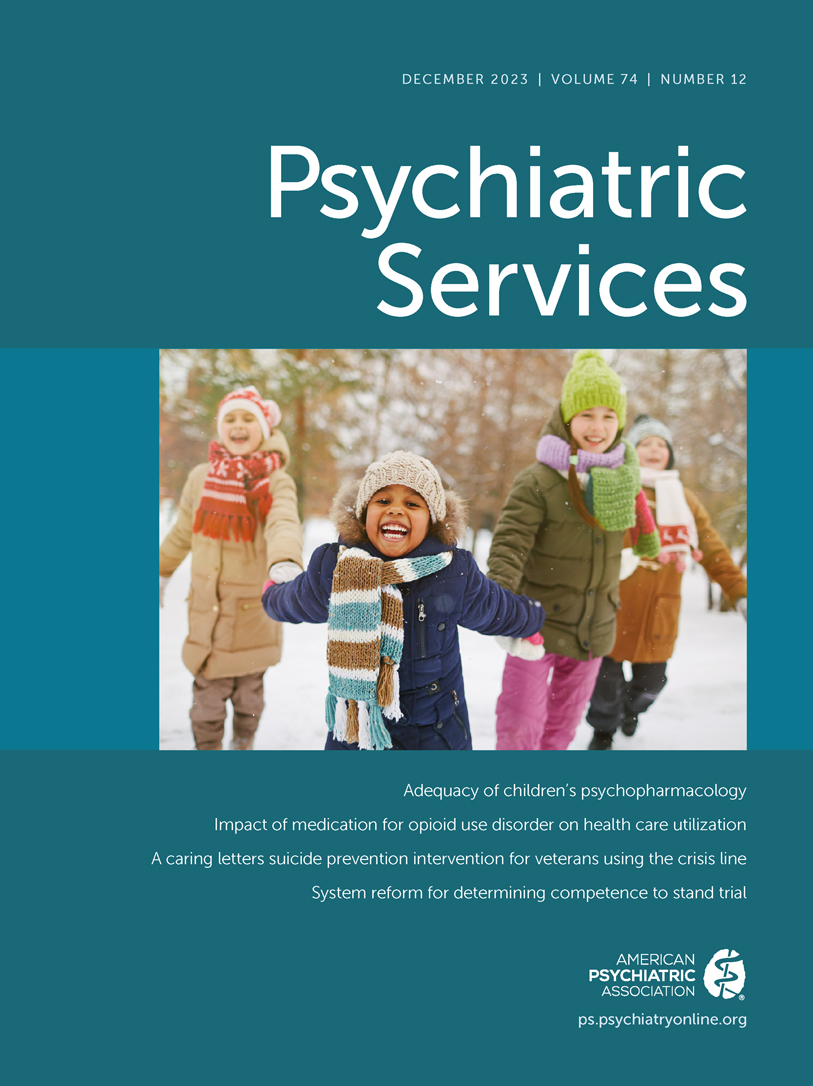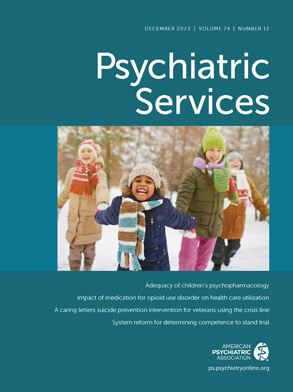We knew that our daughter K was the archetype of a difficult patient. At a time when she had been sober from alcohol for more than 6 years, she also had multiple psychiatric diagnoses, including borderline personality disorder. When she first developed a skin infection with methicillin-resistant Staphylococcus aureus, it was seen as an unfortunate accident, blamed on contact with a drug-using girlfriend of a housemate. But after an initial scare with septicemia and surgical drainage came recurrent infections. With each recurrence, her doctors had more questions. Why did her condition not show a sustained response to antibiotics? Did she like attention from her physicians and nurses? Was she creating the recurrent wounds to gain attention? With K’s permission, her psychiatrist contacted us and suggested that we bring her back home to get her thoroughly evaluated by the highly regarded medical community in our hometown.
We had been through a lot raising our then 27-year-old adopted daughter. K had self-injured more than once. Although skeptical that self-harm was the cause of her recurrent painful skin infections, we wanted to get to the bottom of whatever was derailing her efforts to live a productive, independent life. K eagerly agreed to return home.
We understood that K’s physicians could perceive our parental involvement as burdensome. Because we, her parents, are both psychiatrists, we were connected to the local medical community, which has three large academic health systems. Because K was impaired by the recurrent infections, we assumed the role of care managers. We considered carefully which system would best serve K, given the complexity of her condition. We thought that we could put together a strong team of expert clinicians within a single health care system. But over the first year, the team at our chosen hospital dwindled as both the psychiatrist and the dermatologist left. The latter had clearly wondered whether K’s condition was factitious but never raised that question with K or us. The infectious disease specialist had a decreasing number of options for antibiotic prescriptions given that the bacteria were sensitive only to a few drugs to which K was not allergic.
We found a private dermatologist for K’s skin lesions who believed that the lesions were classic signs of hidradenitis suppurativa and prescribed adalimumab. This trial was a disaster. K developed extensive lesions on her scalp, resulting in successive hair loss until she was nearly bald. The dermatologist was adamant that the hair loss was not part of the syndrome or related to the medication and had little more to suggest for further treatment.
Our search was therefore on for a new dermatologist. We got names of those with the best reputation for treating patients with complex conditions and set up an appointment at a second major health care system with the clinician who had received the most glowing reviews from colleagues. Mom accompanied K to her first appointment to provide emotional support for her and to offer physician-to-physician input on her observations. The dermatologist was rude and dismissive to both Mom and K. He quickly concluded that the problem was “all from her alcoholism” and referred her to a “psych-derm” consultation. Moreover, trichotillomania now appeared in K’s record.
Dad went with K to her first psych-derm appointment, again to provide support and information. K was demoralized and outraged at being blamed for her infections and hair loss, insisting, “I am not doing this to myself.” The psychiatrist member of the dyad noted her high anxiety and pressured speech and also wrote in K’s medical record that the nearly silent father was “coddling and enabling.” The dermatologist offered local steroid creams for the scalp.
Multiple times, each of us asked K’s physicians whether her health problem might be caused by an inflammatory process, with inflammation leading to infection rather than the other way around. Each time we were dismissed. A consultation with an immunologist found nothing worth pursuing. Switching to a second infectious disease specialist, K continued to be prescribed long courses of intravenous (IV) antibiotics, which she self-administered at home, first through a peripherally inserted central catheter line and later a port. No one appreciated the irony of having a patient they believed was self-inflicting wounds administer IV drugs once or twice a day despite the parents’ pointing this out to multiple medical team members, including the hospital ombudsperson. We asked the ombudsperson to initiate a process whereby a care manager brought together all the clinicians who cared for K to review her case and make sure that all possibilities were being considered. The ombudsperson’s response was to assure us that the team knew what was wrong with our daughter. She suggested that we meet with the hospital chaplain to discuss our distress. We continued our role as care managers as best we could.
Living with K and seeing her lesions emerge spontaneously, we were confident that her condition was not factitious. K’s psychiatrist and therapist also did not believe that she had a factitious disorder. They, however, were not consulted by her other physicians, who at this point were in a different health care system. We therefore decided to seek consultation at a distant medical center. With K’s strong support, we arranged to see specialists in dermatology, infectious disease, immunology, and psychiatry. The hospital concierge set up consultations with the first three specialists, but it “was up to K” to find a consulting psychiatrist in their system. K was highly motivated to have the psychiatric consultation because she wanted to prove that she was not causing her wounds. She wanted to ask the consultant, “Why won’t they believe me?” Fortunately, a former colleague of Dad’s had recently come to this health care system and could identify a psychiatrist well suited to evaluate our daughter’s case.
The dermatology, infectious disease, and immunology consultants had few new insights or diagnoses to offer. The psychiatrist, however, after reviewing her history and a lengthy interview by Zoom (due to COVID-19) in the hotel room near the hospital, told K, “I don’t think you are doing this to yourself. I think you are sick.” He continued, “I think you have a hole in your immune system. I need to find you the right doctor near your home who can help you.” And he did.
It turned out, after we had interacted with clinicians at three major health care systems, an immunologist who was willing to believe our daughter practiced only 15 minutes from our home. He did an extensive immunologic workup, and after 18 months of tests, vaccine challenges, and finally treatment, he concluded that K has a unique autoinflammatory disease. As we had long suspected, it was inflammation leading to infections, not the other way around. K’s condition responded to a combination of IV immune globulin therapy and an interleukin-1 receptor antagonist. Her treatment team now includes a dermatologist and a medical geneticist who are intrigued by her case and impressed by her resilience. Her immunologist and his colleagues have published a case report on her rare condition (
1). Her medical geneticist encouraged K to apply for inclusion in the Rare Genomes Project, and she was accepted. With the new treatment, K is less functionally impaired and to our amazement has grown back most of her hair. At times, she is able to volunteer at the local chapter of the National Alliance on Mental Illness. Her physicians trust her to provide her own wound care and self-administer her treatment.
Our daughter has been traumatized repeatedly by both her chronic diseases and the medical community. Her initial physicians jumped to erroneous conclusions. Her personality, although engaging to most who know her, makes some uncomfortable. Her history of alcoholism (in remission now for 14 years) and multiple psychiatric diagnoses led physicians to overattribute her symptoms to mental illness. Perhaps what contributed the most to the discomfort of physicians encountering our daughter was their uncertainty about what had caused her symptoms. This discomfort led them to blame the patient for her condition. As parents, we were viewed as annoyances at best and enablers of our daughter’s pathology at worst. Insecure physicians did not appreciate being challenged by parents who were their colleagues. It was easier to dismiss us as part of a family illness.
Psychiatric patients and their families have long dealt with this phenomenon. We trained at the end of an era when trainees were taught concepts that are now outmoded, such as schizophrenogenic mothers and refrigerator parents, to explain what we today understand to be complex brain diseases like schizophrenia and autism. We spent our careers teaching trainees not to blame families for their loved ones’ illnesses or to attribute medical complaints to psychiatric causes before first ruling out all other medical explanations. It is ironic that at the end of our careers we and, sadly, our daughter experienced trauma at the hands of physicians who did not learn this lesson. It took nearly 5 years to find a very small number of medical professionals who were comfortable listening, thinking, and exploring.
The NIH says that there are more than 7,000 rare diseases. When faced with diagnostic uncertainty, physicians need to acknowledge this uncertainty, avoid premature closure, and continue to seek answers before blaming suffering patients or their families.
We have heard again and again from friends and family how lucky K has been to have parents like us. “What would have happened if her parents weren’t doctors?” we heard again and again. We know that we are fortunate to understand the health care and social services systems and to have the contacts and finances to be able, after a 5-year journey, to find the right treatment team for our daughter. But what about all the patients whose families do not have such resources? They deserve to have as much as we did for K and much more than our systems are providing for them now. We can and must do better!

